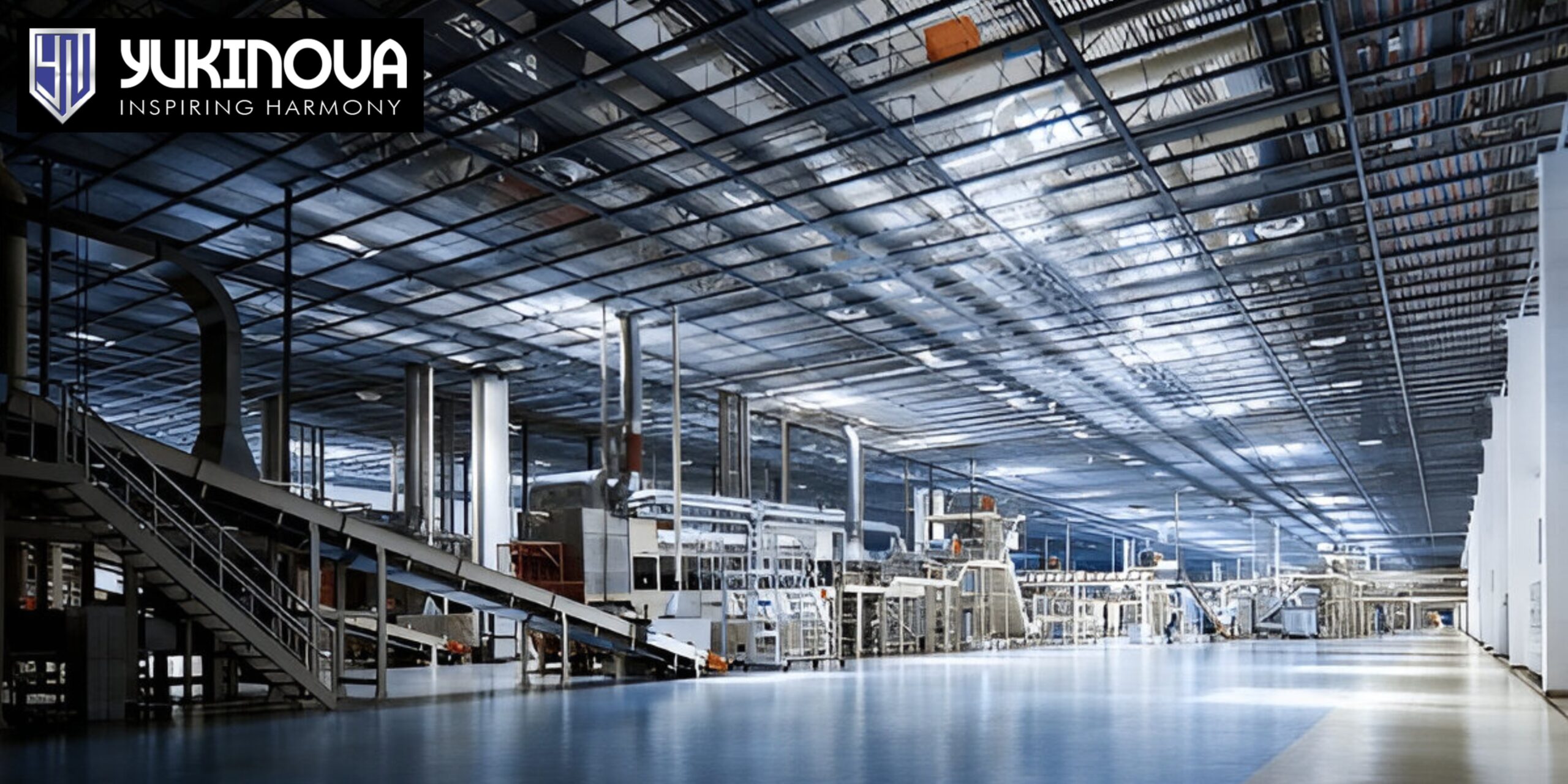As the world continues its shift towards sustainability, businesses are increasingly turning to renewable energy sources like solar and wind power. However, these renewable energy sources come with their own set of challenges, particularly in terms of consistency and storage. This is where ESS for Commercial & Industrial Applications come into play. These systems offer a reliable solution for integrating renewable energy sources into commercial and industrial operations, enabling companies to maximize the benefits of clean energy while ensuring uninterrupted power supply.
The Challenge of Renewable Energy Integration
Renewable energy sources, especially solar and wind, are intermittent by nature. They generate power when environmental conditions are favorable but may fall short during periods of low sunlight or calm winds. This variability can pose significant challenges for businesses that rely on a constant and stable power supply to maintain operations.
For commercial and industrial sectors, which often have high and variable energy demands, relying solely on renewable energy without a backup solution can lead to inefficiencies, operational disruptions, and higher costs. This is where ESS for Commercial & Industrial Applications step in to bridge the gap.
How ESS Supports Renewable Energy Integration
1. Energy Storage for Consistent Power Supply
ESS for Commercial & Industrial Applications, such as batteries and other storage technologies, can store excess energy generated by renewable sources during periods of high generation (e.g., sunny or windy days). This stored energy can then be used when renewable generation is low, ensuring a continuous power supply. For commercial and industrial applications, this means they can rely on renewable energy for much of their operational needs without worrying about disruptions caused by fluctuations in power generation.
2. Load Shifting and Peak Demand Reduction
Energy Storage Systems (ESS) allow businesses to store energy during off-peak hours, when electricity rates are lower, and use it during peak hours when energy costs are higher. By using stored renewable energy during these peak times, companies can significantly reduce their energy bills. For industrial operations that require significant power, this can result in substantial cost savings and improved bottom lines.
3. Improved Grid Stability
ESS for Commercial & Industrial Applications help stabilize the grid by balancing supply and demand. In commercial and industrial applications, ESS can provide grid services such as frequency regulation, voltage support, and load balancing. This not only enhances the reliability of the power supply but also facilitates the integration of higher levels of renewable energy into the grid. By reducing the pressure on the grid, ESS helps prevent power outages and ensure businesses can operate without disruptions.
4. Enhanced Sustainability and Reduced Carbon Footprint
One of the most significant advantages of ESS for Commercial & Industrial Applications is that they enable businesses to rely more heavily on renewable energy sources. By storing excess renewable energy for later use, companies can reduce their dependence on fossil fuels, which helps lower their carbon emissions and contribute to global sustainability goals. This aligns with growing corporate social responsibility (CSR) initiatives and regulatory requirements for carbon reduction.
5. Scalability and Flexibility
Energy Storage Systems (ESS) are highly scalable, meaning they can be tailored to meet the specific energy needs of a commercial or industrial operation. Whether a small business or a large-scale industrial facility, ESS can be designed to support the required energy storage capacity. This scalability ensures that businesses can expand their renewable energy usage as their energy needs grow over time.
The Future of Renewable Energy Integration
As renewable energy technology continues to evolve, ESS for Commercial & Industrial Applications will play an even greater role in supporting the transition to a sustainable energy future. For commercial and industrial applications, ESS offers a way to overcome the limitations of renewable energy sources while maximizing their potential. With the added benefits of cost savings, operational efficiency, and sustainability, integrating ESS for Commercial & Industrial Applications is becoming increasingly vital for businesses that want to stay competitive in a rapidly changing energy landscape.
Conclusion
The integration of renewable energy into commercial and industrial applications presents both opportunities and challenges. However, with the implementation of Energy Storage Systems (ESS), businesses can unlock the full potential of renewable energy, ensuring a reliable, cost-effective, and sustainable power supply. By supporting renewable energy integration, ESS not only helps businesses reduce their energy costs but also contribute to global efforts towards a cleaner, greener future.
Ready to harness the power of renewable energy for your business? Explore how Yukinova ESS for Commercial & Industrial Applications can optimize your energy usage and sustainability goals. Contact Yukinova today to learn more about our tailored energy storage solutions!
